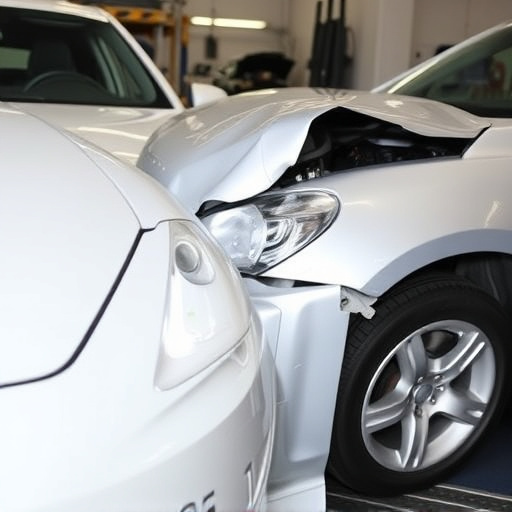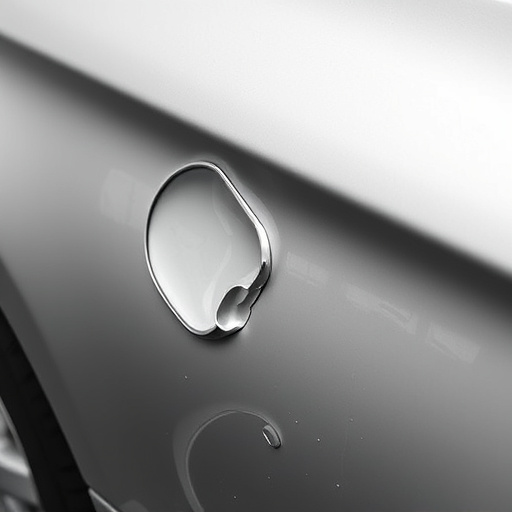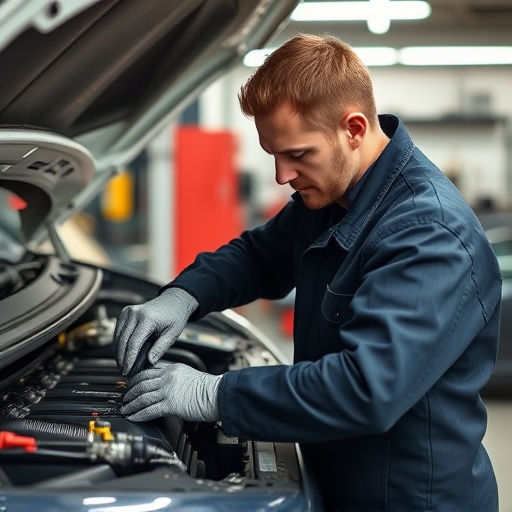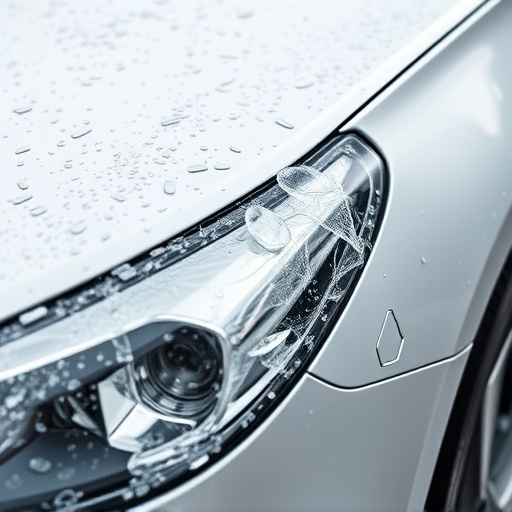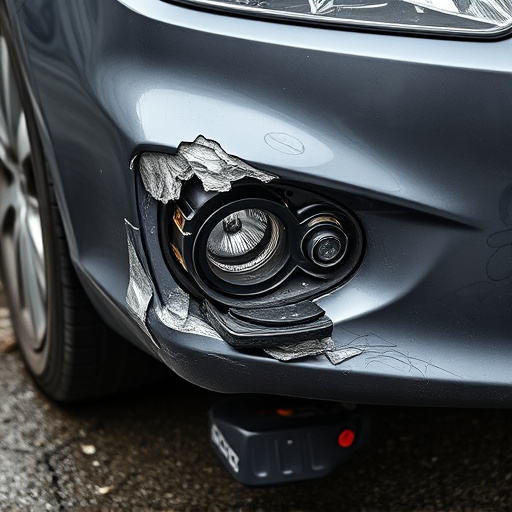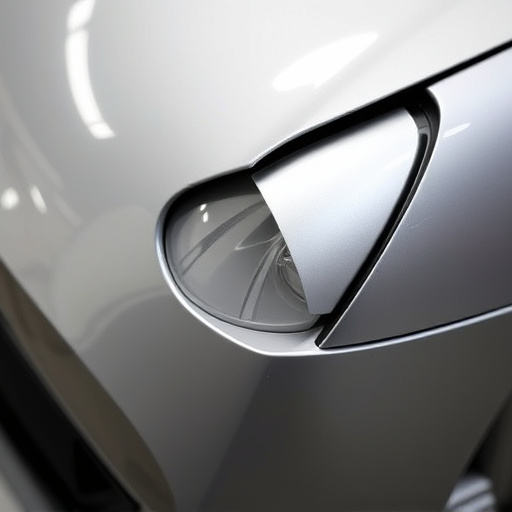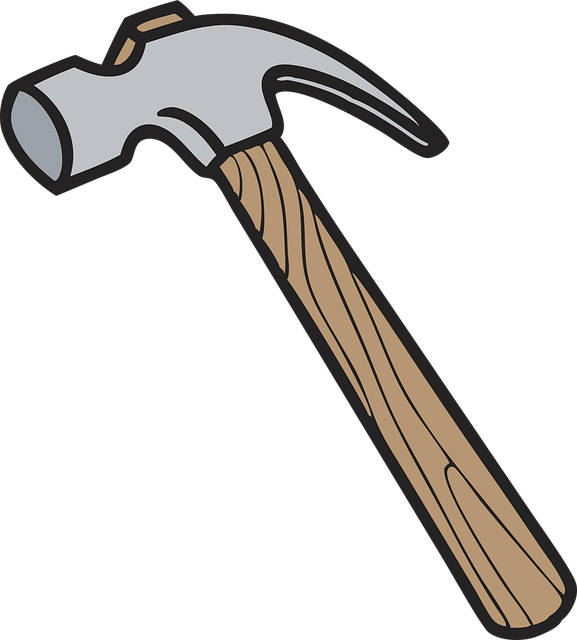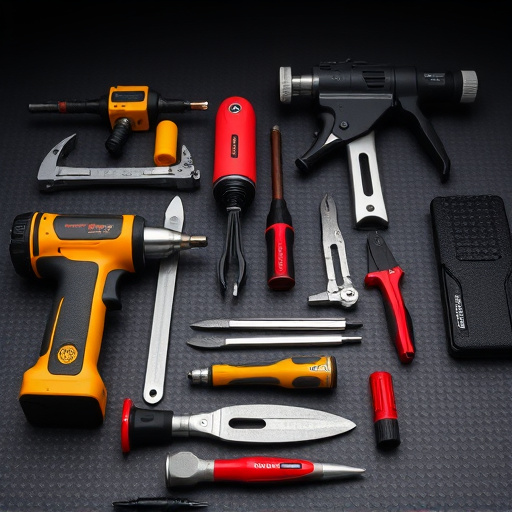Even after minor accidents, a thorough alternator inspection is crucial. Check for unusual noises, leaks, frayed belts, and corroded connections to prevent internal damage and ensure vehicle safety. Ignoring these signs can lead to starting issues, electrical problems, and costly repairs. Always prioritize frame straightening and professional auto body repairs for comprehensive car health.
After a minor accident, it’s easy to overlook potential hidden problems with your vehicle’s alternator. Seemingly insignificant fender benders or bumps can cause internal damage that leads to costly repairs if left undetected. This article guides you through assessing alternator damage and common signs of discrepancies post-accidents. Learn expert tips for a comprehensive alternator inspection to ensure the safety and reliability of your vehicle, preventing unexpected breakdowns on the road.
- Assessing Alternator Damage: What to Look For
- Common Signs of Discrepancies After Minor Collisions
- Expert Tips for Comprehensive Alternator Inspection
Assessing Alternator Damage: What to Look For

After a minor accident, it might seem like your vehicle sustained only superficial damage, but a thorough alternator inspection is crucial. While auto glass replacement and dent removal are more readily visible issues, an alternator problem could be lurking beneath the surface. Look for unusual noises coming from the engine bay during operation—this may indicate internal wear or damage. Check for any leaks around the alternator housing, which could signal a compromised seal or bearing. Visually inspect the belts for fraying or cracks, as these are common signs of strain, especially if the accident caused excessive vibration.
Additionally, assess the condition of the electrical connections. Corroded or loose terminal screws can disrupt power flow to the alternator, leading to inefficiencies or failure. A comprehensive alternator inspection goes beyond aesthetics; it’s a critical step in ensuring your vehicle’s safety and reliability after an accident, preventing more severe automotive issues down the line.
Common Signs of Discrepancies After Minor Collisions

After seemingly minor accidents, it’s common for drivers to overlook potential issues with their vehicle’s components, including the alternator. However, a thorough alternator inspection after accident is crucial as even light collisions can cause subtle yet significant discrepancies. Signs of trouble may include unusual noises, like whining or grinding during engine operation, which could indicate belt damage or loose connections. Another red flag is dimming or flickering lights, suggesting power fluctuations caused by alternator inefficiency.
Additionally, unexpected difficulty in starting the car or a strong odor coming from under the hood might hint at internal alternator damage. While some of these symptoms may seem insignificant, they warrant further investigation by qualified mechanics who specialize in auto body repairs and frame straightening. Prompt attention to such issues is vital to prevent more severe car bodywork problems down the line.
Expert Tips for Comprehensive Alternator Inspection

After a minor accident, many vehicle owners tend to overlook potential issues with their alternator, assuming everything is fine since the external damage may seem minimal. However, a comprehensive alternator inspection is crucial as even seemingly insignificant fender benders can cause internal damage that could lead to serious problems down the line. Experts recommend inspecting the alternator for any signs of wear, corrosion, or fluid leaks immediately after an accident.
During the evaluation, consider the overall condition of the vehicle’s frame straightening and whether it has been taken to a reputable car body shop for professional repair. While some alternator issues might be apparent, such as visible cracks or missing components, others may require specialized tools for diagnosis. A thorough check includes examining belts, pulleys, wires, and connectors for any damage or loose connections. Regular maintenance and prompt attention to potential alternator problems can help prevent costly repairs and ensure the reliability of your vehicle’s electrical system in the long run.
After a minor accident, it’s crucial to not overlook potential hidden alternator problems. Regular alternator inspection is key to maintaining vehicle reliability. By understanding common signs of discrepancies and following expert tips for comprehensive assessment, you can ensure the safety and efficiency of your vehicle’s electrical system. Don’t let a seemingly small incident go unnoticed—it could save you from costly repairs down the line. Remember, a thorough alternator inspection after any accident is an investment in your peace of mind and vehicle longevity.
